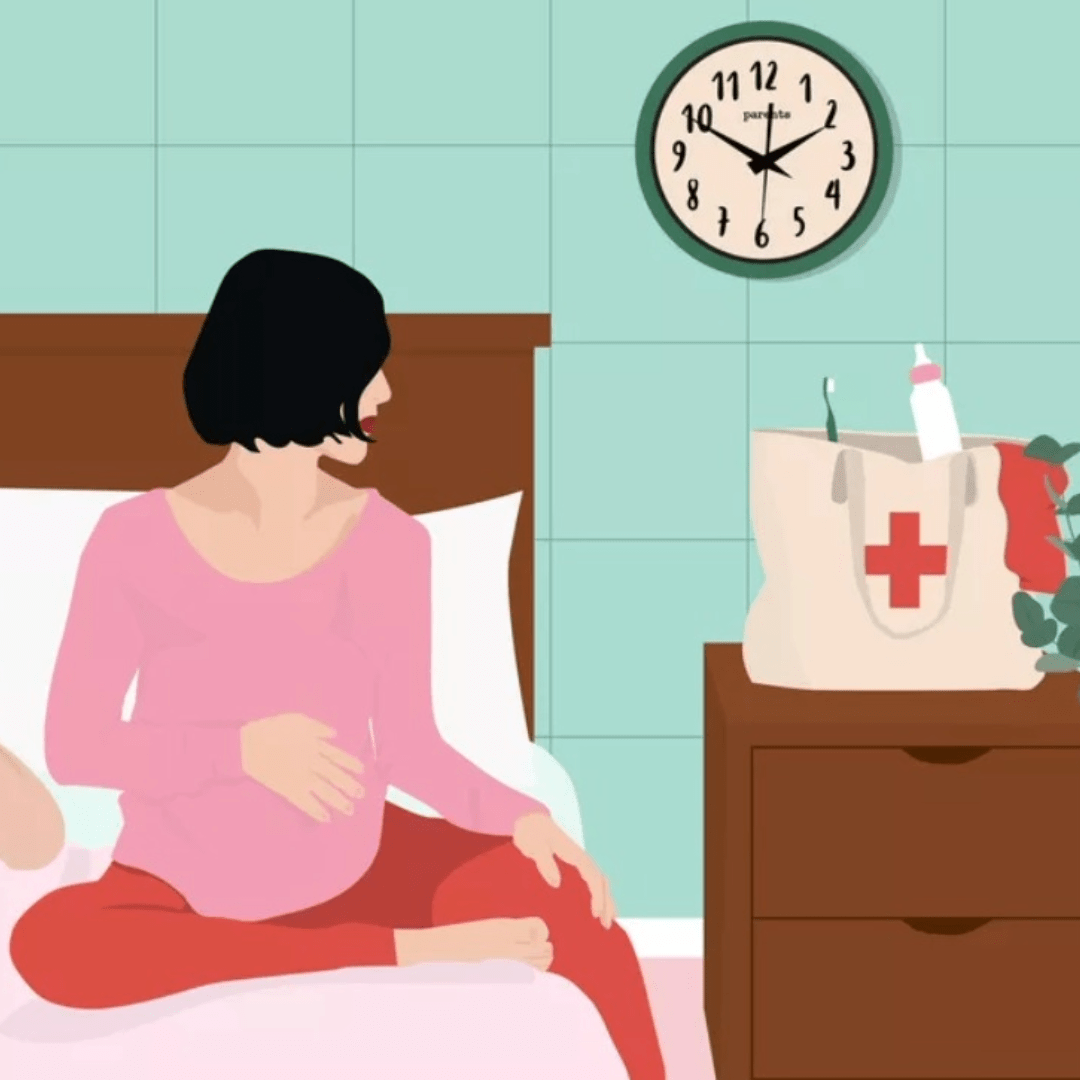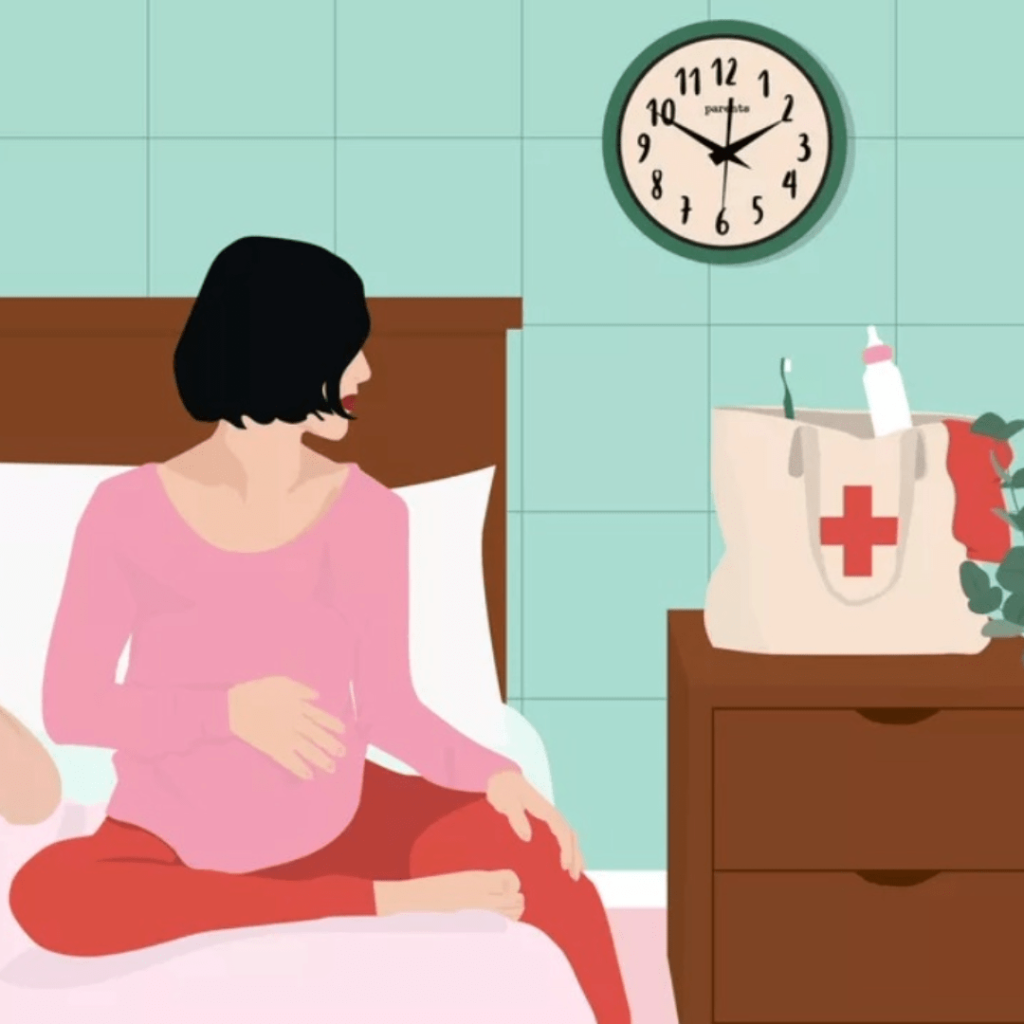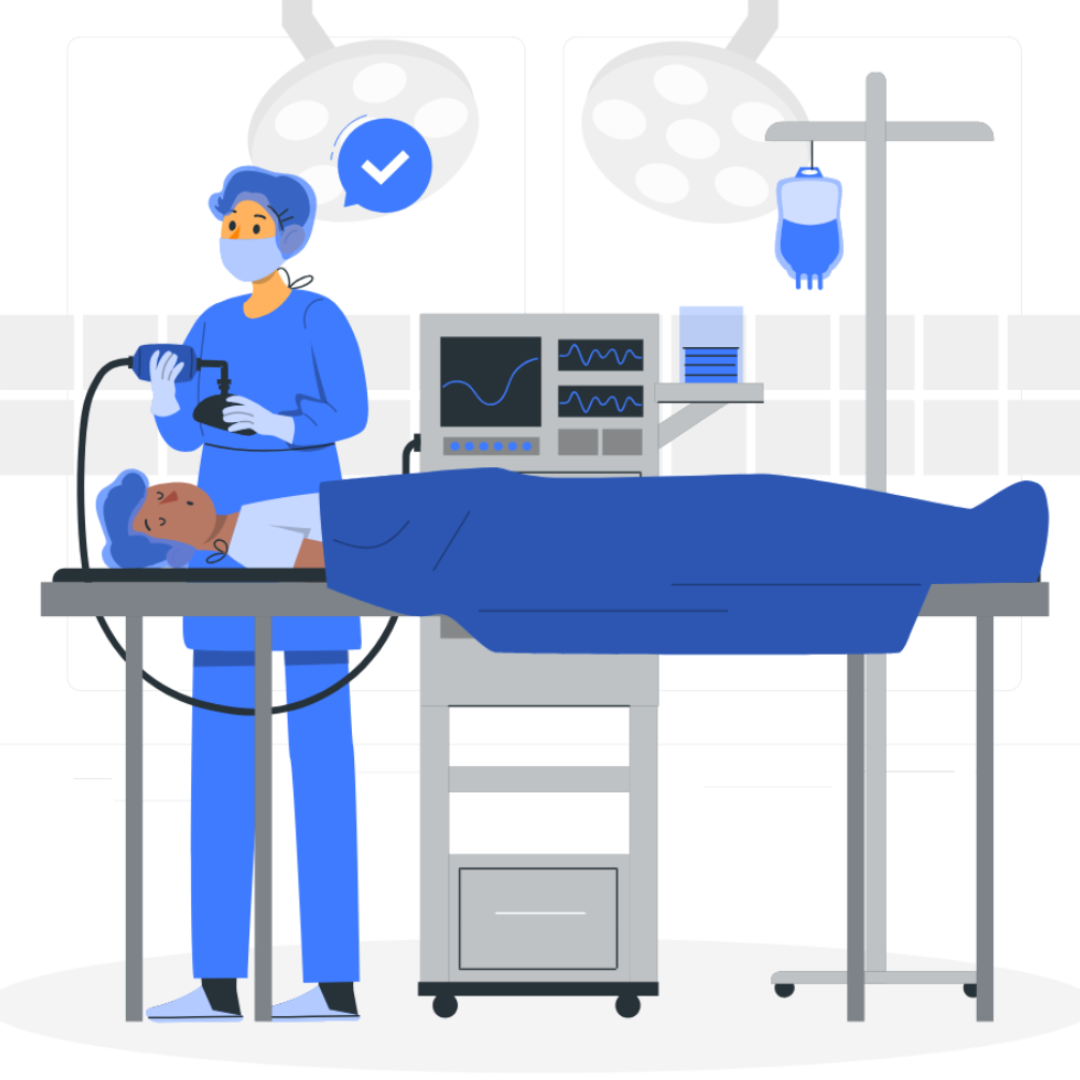Patient Information Blogs

What To Expect When You Come To Medicsi With Labour Pains
...
30/04/2024
What will happen when I first arrive at the hospital?
Upon arrival in the hospital when in labour, you will be managed entirely by the on-call team of doctors and nurses, who will be in communication with your Consultant over the phone. When you arrive in the emergency room, a healthcare professional (mostly a midwife) will measure your vital signs, ask a few questions about your complaints, and inform the on-call duty doctor. The doctor will perform an assessment, which will include a vaginal examination, look at the baby’s essentials, and transfer you to the relevant area for management.
Any further management will be planned by your Consultant. If you are beyond 4 cm dilatation, and pains are frequent and strong you will be admitted directly to the labour rooms. If the cervix is still in the latent phase i.e.; less than 3 cms and pains are mild and more than 5 min apart, you will be admitted to the in-patient room and the labour will be observed there. Whatever care you will be provided, will be decided by the on-call team in collaboration with your consultant.
Upon admission, up-to-date (usually CBC, Clotting Profile, in addition to any more suggested by the consultant) blood tests will be done and consent for management of labour must be signed by both you and your husband (or the next of kin in exceptional circumstances only when the husband is not available).
What To Expect When You Come To Medicsi With Labour Pains
...
30/04/2024
What will happen when I first arrive at the hospital?
Upon arrival in the hospital when in labour, you will be managed entirely by the on-call team of doctors and nurses, who will be in communication with your Consultant over the phone. When you arrive in the emergency room, a healthcare professional (mostly a midwife) will measure your vital signs, ask a few questions about your complaints, and inform the on-call duty doctor. The doctor will perform an assessment, which will include a vaginal examination, look at the baby’s essentials, and transfer you to the relevant area for management.
Any further management will be planned by your Consultant. If you are beyond 4 cm dilatation, and pains are frequent and strong you will be admitted directly to the labour rooms. If the cervix is still in the latent phase i.e.; less than 3 cms and pains are mild and more than 5 min apart, you will be admitted to the in-patient room and the labour will be observed there. Whatever care you will be provided, will be decided by the on-call team in collaboration with your consultant.
Upon admission, up-to-date (usually CBC, Clotting Profile, in addition to any more suggested by the consultant) blood tests will be done and consent for management of labour must be signed by both you and your husband (or the next of kin in exceptional circumstances only when the husband is not available).

The management of labour will include health monitoring of you and your baby using the following methods, which will be repeated at regular intervals.
- Vital signs measurement mostly on the electronic monitor
- Digital Vaginal examination
- Electronic Foetal heart monitoring through CTG (Cardiotocography)
- Uterine contractions are felt digitally to measure their strength and frequency as and when needed
Epidural is given no later than 4 cm cervical dilatation. The epidural will be provided on request unless you have a specific medical condition that prevents you from getting one. If you request pain management via epidural during your labour, it is essential that you had visited our anaesthesia team for counseling during your pregnancy.
If you wish to take an epidural, please inform the duty doctor. She will prepare you for it when it's time to place the epidural.
An epidural will only be given when all safety measures have been ensured. There may be circumstances where the provision of epidural is delayed e.g.
- You reach the hospital and your cervix is more than 4 cm dilated,
- The platelets are less than 80,000 on the fresh CBC sample of the same day
- Or if the unit is busy and the doctor is not free to administer the epidural where other emergencies are being managed. In this case, an epidural will be delayed and a re-assessment will be made once the epidural can safely be given to you. If at the time of reassessment, you are in advanced labour, we may not be able to give you an epidural as it is less likely to be effective and more likely to cause complications.
- Other medical conditions where it's contraindicated to give an epidural, like backbone issues, infections at the site of the epidural, etc.
From admission till delivery/discharge, you will be managed entirely by the on-call team of doctors and nurses, who will be in communication with your consultant over the phone. Your consultant will come close to the time of delivery. In case of an emergency situation where you or your baby is facing any complications, the consultant will be there as soon as possible. Under very urgent situations or if your consultant is occupied somewhere, another consultant will come to help you in that situation.
All information regarding you, the baby, and the progress of labour is conveyed to the consultant regularly and they will be informed when you are close to delivery. Very rarely you may dilate unexpectedly quickly and your consultant may not reach you in time. The doctor accompanying you has the competence to deliver you and will do so.
The following Interventions may be done during your labour with the consent of your consultant, and are performed as and when needed during the labour;
- Intentional breaking of waters, known as ARM (artificial rupture of membranes)
- Increasing the frequency and strength of the pains using oxytocin when needed
- Painkillers and sedatives if needed
- Use of instruments like Forceps and Ventouse to assist in baby delivery
- Cord blood can sometimes be taken for investigations if needed
- Delayed cord clamping when possible to do that
- Caesarean section, if needed for the safety of the mother and the baby.
All information sharing regarding your labour progress and its complications will be done ONLY with you and your husband. In exceptional circumstances, the next of kin will be involved. The next of kin has to be one person and can be a family member or a friend whom you trust. In the latter case, the next of kin will have to sign the consent form and a copy of the CNIC card will be shared at the reception.
One person, preferably the husband, should stay in the labour room. If he is not there, your next of kin can accompany you in labour. It is advisable that the next of kin is someone that we can share confidential information with.
In case you need a caesarean section, you will be asked to sign the consent form if you have not consented already for the procedure. The system takes at least 30 min to prepare and move you to the theatre with all the team ready for the procedure. Any prolonged discussions can lead to delays in the procedure and can jeopardize the health of the mother and the baby. If you do not agree with the decision, the doctor will ask you to sign the high-risk form.
In a non-urgent situation, the doctor will discuss with you at length the reason for caesaraen section but when there is foetal distress, then every minute counts, and discussions can lead to serious consequences.
If you already have an epidural, the anaesthesiologist will deepen its effect by giving more medication in the epidural catheter, otherwise, you will be given either spinal or general anaesthesia depending on the situation.
Regrettably, your husband or the next of kin cannot accompany you in an emergency caesarean procedure due to the urgency of the situation.
Medical staff, including nurses, and doctors will be there to support you throughout the process. The staff will help prepare you for delivery, including positioning, coaching on pushing, and providing encouragement.
Once your baby is born, the NICU staff will be there to receive the baby and take the baby to the nursery. We often ask the father to accompany them. In the nursery, the baby will be cleaned and clothed. The hospital tag is tied to the baby’s leg and it displays both the mother's and baby's Medical Record Number (MRN) and mother’s name. The baby will be given a Vit K injection and Hep B vaccine after getting consent from the parents.
Once the mother’s birthing procedure is complete and she has been cleaned and draped, the baby will be brought to you for the first feed. It's up to you whether you want to keep the baby in the labour room or send him/her back to the NICU till you are ready to be shifted to the room.
Both after caesarean section and vaginal birth you are taken to the room after a minimum of two hrs. During that time your vitals are monitored, the epidural catheter might be removed, and made sure that the bleeding is not worrisome.





